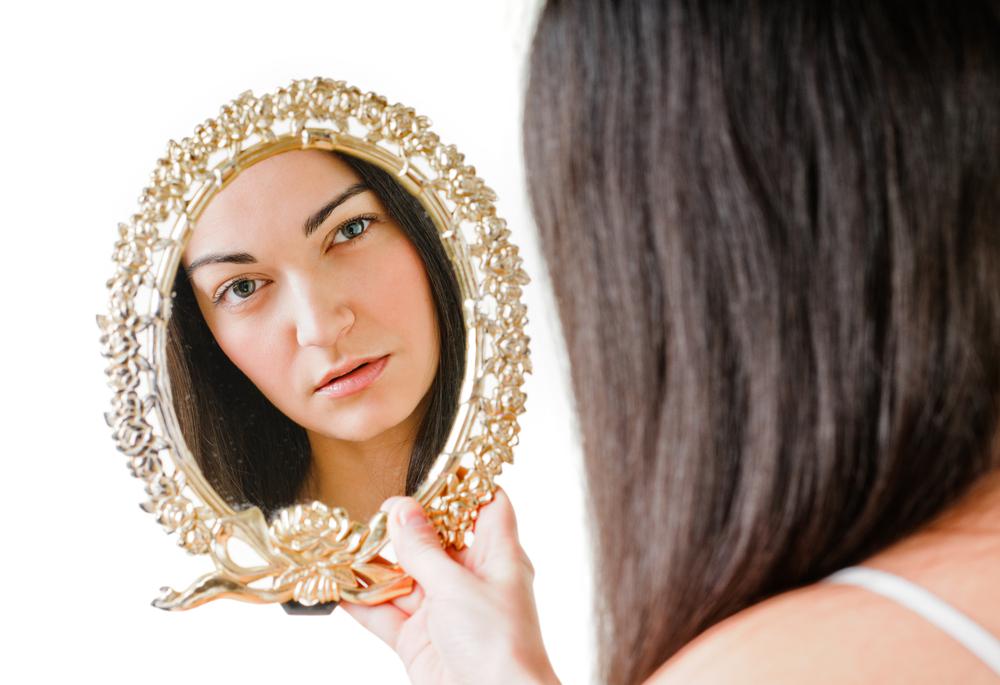Over the past week, a lot of millennials took a break from Googling themselves to read a New York Times article on Jean M. Twenge (pronounced TWANG-ee), the narcissist whisperer. Twenge, a psychologist and professor at San Diego State University, is one of the most famous mouthpieces for the belief that teenagers and young adults these days are more self-smitten than they used to be. She’s made the case in two books, Generation Me and The Narcissism Epidemic: Living in the Age of Entitlement, and numerous articles. She finds that college students score higher on the Narcissistic Personality Inventory now than in 1979; that more of them consider themselves “above average”; that they express weaker work ethics; and that they (I) salt their (my) writing with more first-person singular pronouns (meeee).
As the article shows, though, not everyone agrees with Twenge’s theory of the self-obsessed millennial. Some take issue with her research methods, which the Times describes as “an innovative but controversial approach” to “cross-generational data analysis.” (It actually doesn’t seem that mind-blowing: Twenge averaged students’ scores on the NPI for each year, and then compared the averages over time to see if overall narcissism rates were trending up or down.) Others think the NPI is a better metric for positive traits like confidence or assertiveness than for pathological egomania. Still others counter Twenge’s studies with studies of their own: “We calculated self-esteem scores from 1976 all the way up to 2006,” Michigan State University psychologist Brent Donnellan said, “and we didn’t see much difference at all.” A 2008 study by Donnellan and Kali Trzesniewski, a psychologist at the University of California, “broke the [NPI’s] questions into subsets to tease out more nuanced results… and concluded that some indicators of narcissism had increased while others had decreased. Over all, [researchers] said, there was no significant change,” according to the Times.
It’s not just fellow scientists questioning Twenge’s theory. Op-ed writers have argued that young people will always be more narcissistic than old people (and that the grizzled lament for kids’ lost moral fiber is a media tradition). They’ve claimed millennials show more civic-mindedness and selflessness than previous generations. If emerging adults these days are so narcissistic, they ask, why have incidents of crime, teenage pregnancy, and car accidents decreased?
But. Look at the rise of plastic surgery, our painstaking attention to Facebook and Twitter profiles, our selfies, our relentless focus on self-improvement, and “soccer teams that give every kid a trophy” (because apparently no article about modern narcissism is complete without the trophy example). Look at the passionate response to Twenge’s two books. Could it be that she is onto something? How else to explain that Twenge’s thesis just feels right?
Twenge seems to think self-obsession correlates with confidence, but narcissism’s technical definition describes something more complex than overblown self-esteem. Science reporter Benedict Carey calls the narcissist “ a devastatingly vulnerable person, compensating for a deeply imprinted inadequacy with a desperate need for admiration, and a grandiose self-image.” Extreme, maybe, but I imagine a lot of millennials would recognize that fear of judgment, desire for success/affirmation, and inner neuroticism. (Whether it’s new or not, it speaks to the recent success of shows like Girls and novels like The Love Affairs of Nathaniel P.) Twenge might be surprised, too, to learn that many twentysomethings are self-conscious about their self-absorption. Did so-and-so just look at me funny? Does so-and-so not like me? Maybe so-and-so likes me but thinks my comment was stupid—I’d be OK with that—ugh, shut up!!! You are so narcissistic! Think MEANINGFUL THOUGHTS. AFRICA. My friends and I call this “reluctant narcissism.” But, again, is that mix of self-consciousness, ambition, and insecurity anything new?
Even if we’re not more narcissistic now than we’ve been in the past, I’m willing to entertain the notion that our popular culture is more narcissist-friendly. The good news is that perhaps a narcissistic emphasis on self-improvement will lead us to challenge and defeat narcissism itself. Goaded by ego, we will triumph as outer-directed, responsible, caring paragons of humanity. Or, if that doesn’t work out, I suppose we could always wait a few years for a new generation to criticize.
